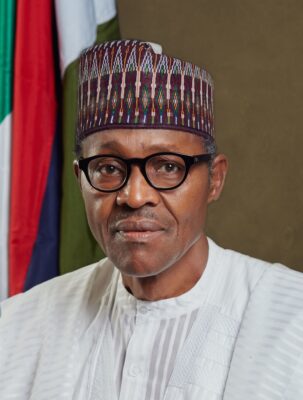Muhammadu Buhari, Nigeria’s former military ruler and two-term civilian president, passed away on 13 July 2025 in a London hospital at the age of 82.
From military barracks to the presidential villa, his journey shaped the political history of modern Nigeria.
Here are 15 defining moments from his life and career:
1. Born in Daura – 1942
Buhari was born on 17 December 1942 in Daura, Katsina State, into a Fulani family.
He was the 23rd child of his father and lost him at a young age.
2. Joined the Nigerian Army – Early 1960s
He enlisted in the Nigerian Army at age 19, receiving military training in Nigeria, India, the UK, and the US.
3. Petroleum Minister under Obasanjo – 1976
Following the 1976 coup, Buhari became Federal Commissioner (Minister) for Petroleum and Natural Resources under General Olusegun Obasanjo.
4. Appointed Military Governor of the North-East State – 1975
Before becoming Petroleum Minister, he governed Nigeria’s expansive North-East region—laying the groundwork for his role in managing security.
5. Led the 1983 Coup – Became Military Head of State
On 31 December 1983, Buhari overthrew President Shehu Shagari and became Nigeria’s military ruler, citing corruption and mismanagement.
6. War Against Indiscipline – 1984
His regime launched the War Against Indiscipline (WAI), promoting order and accountability. However, his tenure was marked by human rights abuses and press crackdowns.
7. Ousted in a Palace Coup – 1985
On 27 August 1985, General Ibrahim Babangida overthrew Buhari. He was detained for over two years.
8. Ran for President – 2003, 2007, 2011
After retiring from the military, Buhari entered politics, running unsuccessfully for the presidency three times.
His anti-corruption stance began to gain traction among Nigerians.
9. Won Presidency as Opposition Candidate – 2015
In a historic upset, Buhari defeated incumbent President Goodluck Jonathan in 2015, becoming Nigeria’s first opposition candidate to win a national election.
10. Re-elected for a Second Term – 2019
Buhari defeated Atiku Abubakar to secure a second term, promising to deepen reforms in security, economy, and anti-corruption.
11. Faced Economic Recession & Insecurity
His administration battled two recessions, inflation, and rising unemployment. Security deteriorated nationwide, with Boko Haram, bandits, and separatist violence spreading.
12. #EndSARS Protests – 2020
Mass protests against police brutality rocked the nation. The government’s response drew domestic and international criticism, especially after the Lekki toll gate incident.
13. Handed Over Power – 29 May 2023
After completing two terms, Buhari peacefully handed over to President Bola Tinubu, in line with Nigeria’s constitutional term limit.
14. Lived Quietly in Retirement
Following his presidency, Buhari kept a low profile, occasionally issuing statements but largely staying out of public affairs.
15. Died in London – 13 July 2025
Buhari died in a London hospital following a long illness. President Tinubu declared a national mourning period, and flags were ordered to fly at half-mast.
Buhari’s legacy remains deeply debated. To some, he was a principled disciplinarian and anti-corruption crusader; to others, an authoritarian whose governance fell short of Nigeria’s democratic aspirations.





